1. Recently, when the authorities carried out the arrest warrant and searched the private home of Mr. Nguyen Van Vinh, former Secretary of Lao Cai Provincial Party Committee, many comments appeared on social networks expressing a gloating mentality. The villa of the former Provincial Party Secretary's family, located in the most beautiful location of Lao Cai City, has long been far removed from the lives of the majority of people. According to the conclusion of the authorities, Mr. Nguyen Van Vinh owns up to 7 plots of land, all located in prime locations of Lao Cai City, not to mention other assets. The image of such an official has made people feel unsympathetic.
Learning about real stories in many localities shows that the situation of officials suffering from "distant from the people" is quite common. There are places where the rich, some "officials", or their wives and children live in luxury and indulgence. These are neighborhoods that are always closed off, far from the working people. Right in Lao Cai City, on May 24, 2017, Tuoi Tre Newspaper published an investigative article "Auction of "prime" villa land in Lao Cai: All officials win". According to the article, all 6 villa lots in the most prime locations in Lao Cai after the auction were owned and used by the families of officials in this province, including Mr. Nguyen Van Vinh, who was then the Secretary of the Provincial Party Committee.
The story of officials suffering from "distant from the people" today is manifested in many forms: officials rarely come to the people, rarely listen to their thoughts and aspirations; officials avoid and avoid meeting with people for many reasons, especially when there are "hotspot situations". People do not easily meet them even though their opinions and aspirations that they want to present to those responsible for resolving them are legitimate and necessary.
The law stipulates that state agencies from the central to the grassroots level must receive citizens. The head must periodically receive citizens according to the provisions of the law. The purpose of receiving citizens is to be close to the people, to grasp their aspirations, to receive citizens' opinions for resolution, to issue policies and guidelines close to reality. However, the results of the inspection of the responsibilities of localities in receiving citizens, resolving complaints and denunciations in recent years show a common situation that the head's periodic reception of citizens is incomplete, not systematic, and authorizes others to receive citizens. Many heads do not receive citizens for many years. Because the head, who has the authority to resolve the people's pressing issues, does not receive citizens, the people's concerns are not only not resolved but also escalated, becoming a hot spot.
From another perspective, because of the "disease of being far from the people", there are officials who only grasp the situation through reports. And the quality of reports is not always correct or substantial. The situation of "beautifying" reports is a "serious disease" with the majority of advantages and achievements being overlooked while shortcomings and weaknesses are ignored.
2. Returning to the original principle of cadres and people, what is this relationship like in the socialist regime, or most specifically our State? Cadres are essentially the leaders of the people in the worker-peasant-intellectual relationship and unite all patriotic forces firmly. In essence, they are the quintessential nuclei in the struggle movement of the working class and other classes to liberate the nation, liberate the class, and build a beautiful socialism.
Because they are the most quintessential nuclei, of course they come from the people themselves, from the people, through the process of struggling and working to mature. Immersed in practice, they are more outstanding than the majority of the masses, both in talent, intelligence and especially good moral qualities (revolutionary morality). They become leaders to lead and guide the masses. But the greatest purpose is to lead the masses to make revolution, to serve the revolution, not to be officials who get rich and live on the top. It is necessary to clearly state the origin like that to deeply understand who the cadres are, what position they stand in and what they must do for the people.
Looking at that in practice, throughout the nation's revolutionary career, there have been many generations of cadres who were truly of the people, for the people, protected, sheltered, and nurtured by the people. They grew up in the revolution, lived and died for the revolution, for the prosperity and happiness of the people. It was the people who trained and educated the cadres, from their qualities, mettle to their will and actions. Throughout the country's historical practice, that is even more evident. Anyone who has ever set foot in the Phu Quoc Prison relic, Con Dao Prison or many other prisons can fully understand the steadfast heart for the country and the people of the revolutionary soldiers in the noble cause of the nation. They were cadres and party members of the nation and the people. Among those tens of thousands of revolutionary soldiers, many later became key cadres, holding high-ranking positions in the country, but they still maintained those noble and honest qualities. They were trusted, respected, protected and sheltered by the people.
Nowadays, in reality, many cadres, from the central to the grassroots level, are still making efforts to take care of people's lives, especially taking care of people in natural disasters, epidemics, in hunger eradication, poverty reduction, and social security. The image of cadres who are always devoted to the people, from thinking to doing, is very valuable. Models such as "weekend with the people" that started in Mu Cang Chai district ( Yen Bai) after 4 years of practice, have now been responded to by many localities because of its effectiveness and closeness to the people. Many examples of good people and good deeds about cadres being close to the people, for the people, helping the people, and the people helping, appearing regularly in the press are truly valuable.
At that time, the cadres not only created closeness and connection between the people and the government and the organization, but most importantly, this helped the cadres to listen and receive information drawn from practice to advise and issue correct policies and strategies, and remove obstacles and difficulties from the grassroots. After all, the fact that cadres must serve the people is always a great and profound lesson, as the spirit of the 13th National Party Congress Document affirmed: "In all work of the Party and the State, we must always thoroughly grasp the viewpoint that "the people are the root"; truly trust, respect and promote the people's right to mastery, persistently implement the motto "people know, people discuss, people do, people inspect, people supervise, people benefit".
3. There have been many warnings and analyses about the terrible consequences of "distant from the people", the most obvious manifestation of bureaucracy if each cadre and party member does not sincerely practice. Because of being distant from the people, not being able to hear and not listening to opinions from life, cadres fall into bureaucratic and authoritarian habits. Individualism in each person also grows from there, which is the root cause of cadres' corruption.
The great leader of the communist movement and the world people, V. Lenin, once warned: "The entire work of all our economic agencies is suffering first of all because of bureaucracy. If anything is going to destroy us, it is that."
President Ho Chi Minh always attached special importance to and educated public officials to respect the people, be close to the people, and only by the people can the revolution be made, and that is the purpose of the revolution. Right from the days of laying the first bricks to build the foundation of the revolution, Uncle Ho repeatedly emphasized: "Having the people means having everything". During his life, he spent a lot of time going to the grassroots, visiting the people, cadres, workers, and laborers. During his visits, he paid special attention to visiting fields, construction sites, dining halls, and resting places for workers and laborers. According to incomplete statistics, within 10 years, from 1955 to 1965, Uncle Ho returned to the locality, the grassroots, and to the people more than 700 times. His trips were often unannounced, compact, and did not cause expense or waste for the grassroots. Many times, he even brought rice balls to eat with the guards to avoid local troubles, and especially his style was simple, never formal.
In order for each cadre and party member to be imbued with the ideology and actions, especially against indifference, apathy, bureaucracy, and "distant from the people", along with gradually perfecting the legal system of the entire political system, our Party has issued many resolutions and directives on this issue. A typical example is Regulation No. 11-QDi/TW "on the responsibility of the head of the Party Committee in receiving people, having direct dialogue with people and handling people's reflections and recommendations" issued by the 12th Politburo. This regulation requires the team of secretaries, Party Committees and more broadly, each cadre to overcome the manifestation of lack of closeness to the grassroots reality and distance from the people; it is necessary to consider being close to the people, receiving people, and resolving people's thoughts and aspirations as important tasks of the entire political system.
In particular, Resolution No. 04-NQ/TW of the 12th Party Central Committee "on strengthening Party building and rectification; preventing and repelling the degradation of political ideology, morality, lifestyle, and manifestations of "self-evolution" and "self-transformation" within the Party" has frankly pointed out the manifestations of degradation of political ideology, morality, lifestyle, "self-evolution" and "self-transformation" of cadres and Party members. The Central Committee clearly stated that one of the 27 manifestations of degradation is "bureaucracy, being distant from the masses, not being close to the grassroots, lacking inspection and supervision, not having a firm grasp of the situation in the locality, agency or unit; being indifferent, apathetic, and irresponsible towards the difficulties, frustrations and legitimate demands of the people".
Looking from the original theory to the practical development of today's society, we see that the issue of "being close to the people, understanding the people, respecting the people and working for the people" is the core of every cadre and party member in public agencies. Cadres who are bureaucratic and distant from the people will only harm the people, the country and themselves. As General Secretary Nguyen Phu Trong pointed out in his closing speech at the 6th Conference of the 12th Party Central Committee: "If we do things that please the people, the people will trust us and our regime will survive, and our Party will survive. On the contrary, if we do something that goes against the people's will and loses their trust, we will lose everything."
NGUYEN HA MY (According to qdnd.vn)
Source link


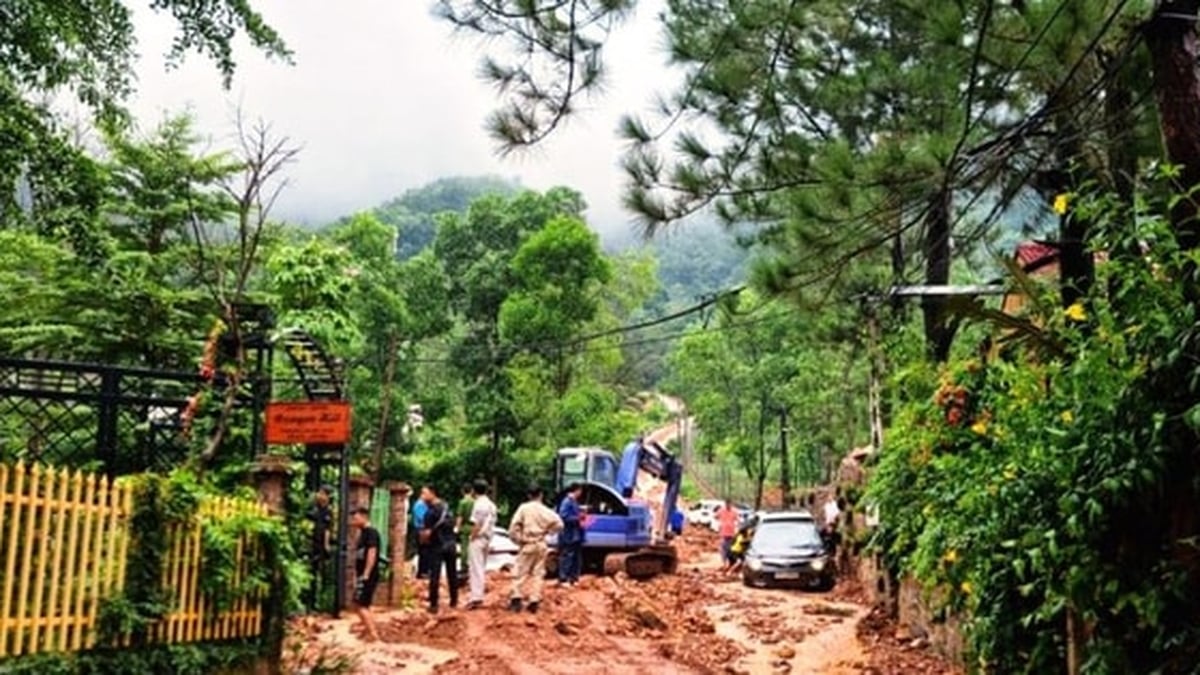
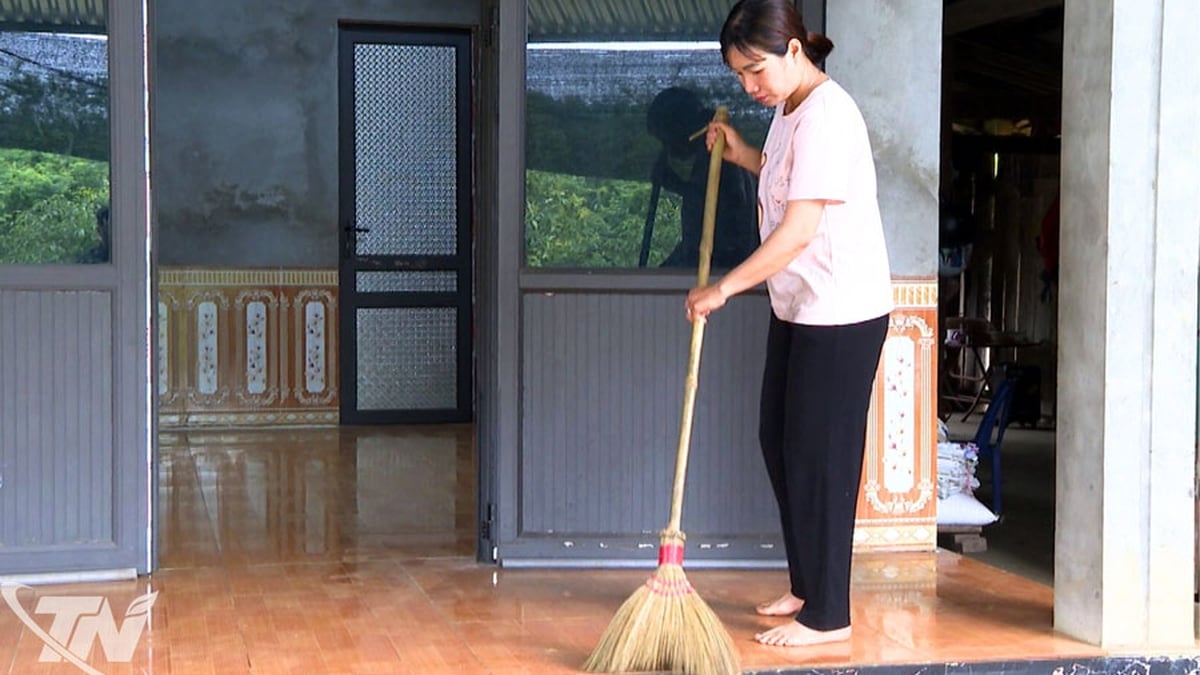
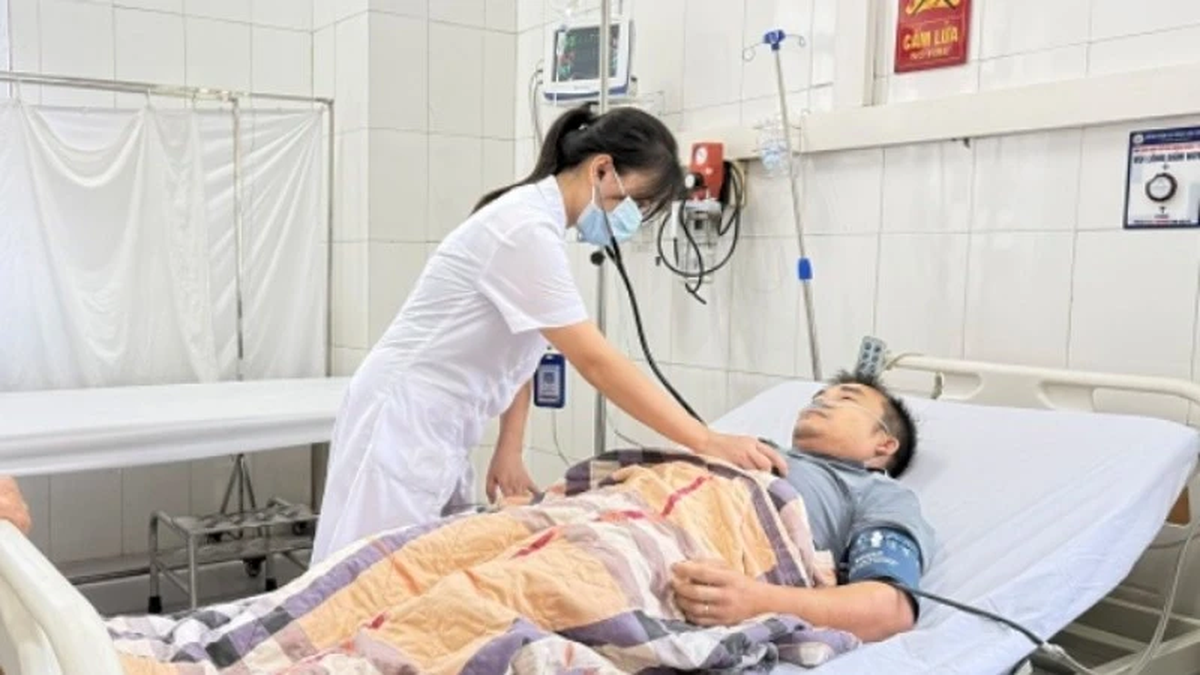

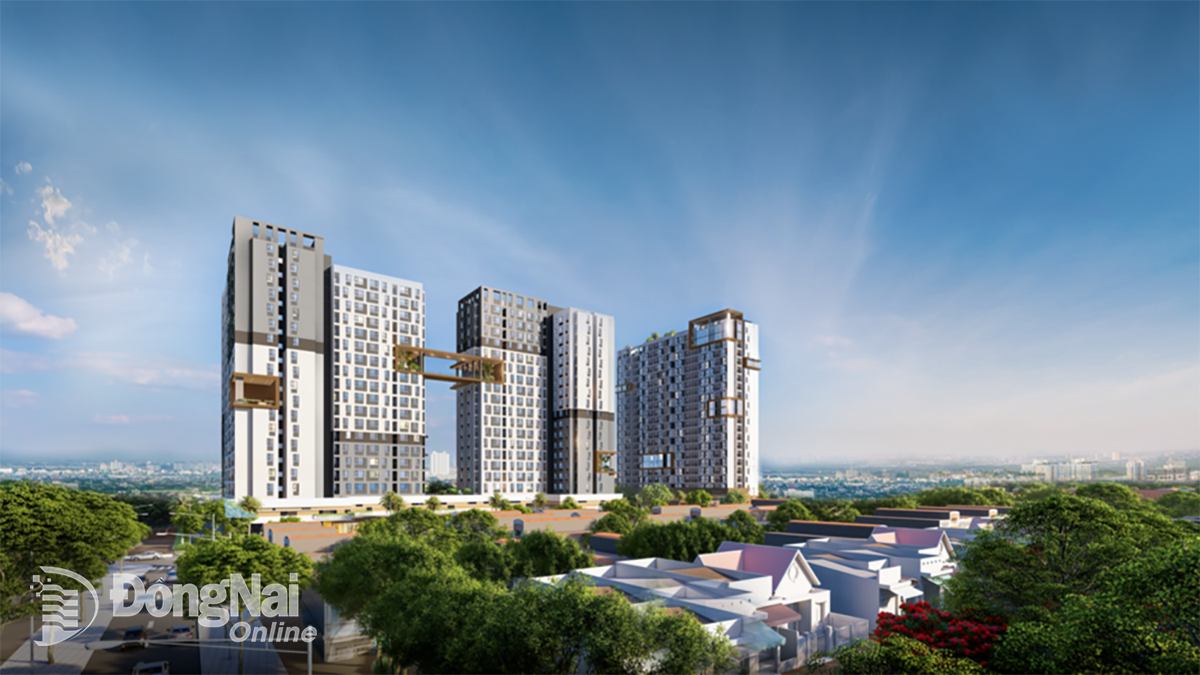
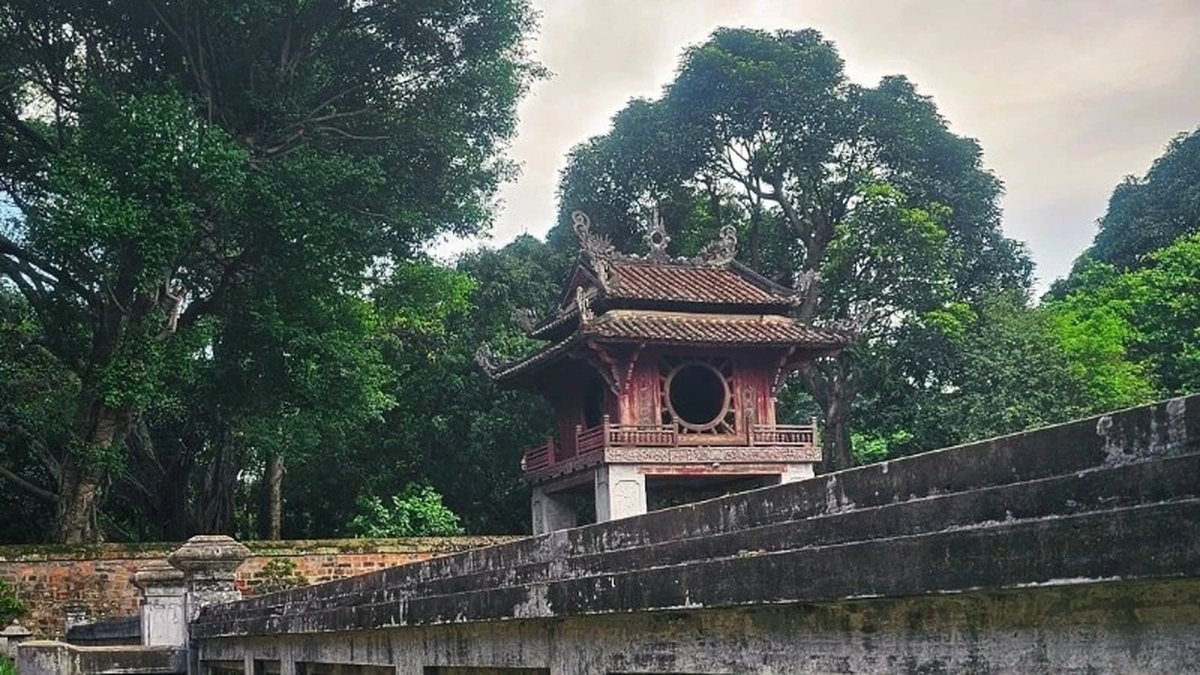

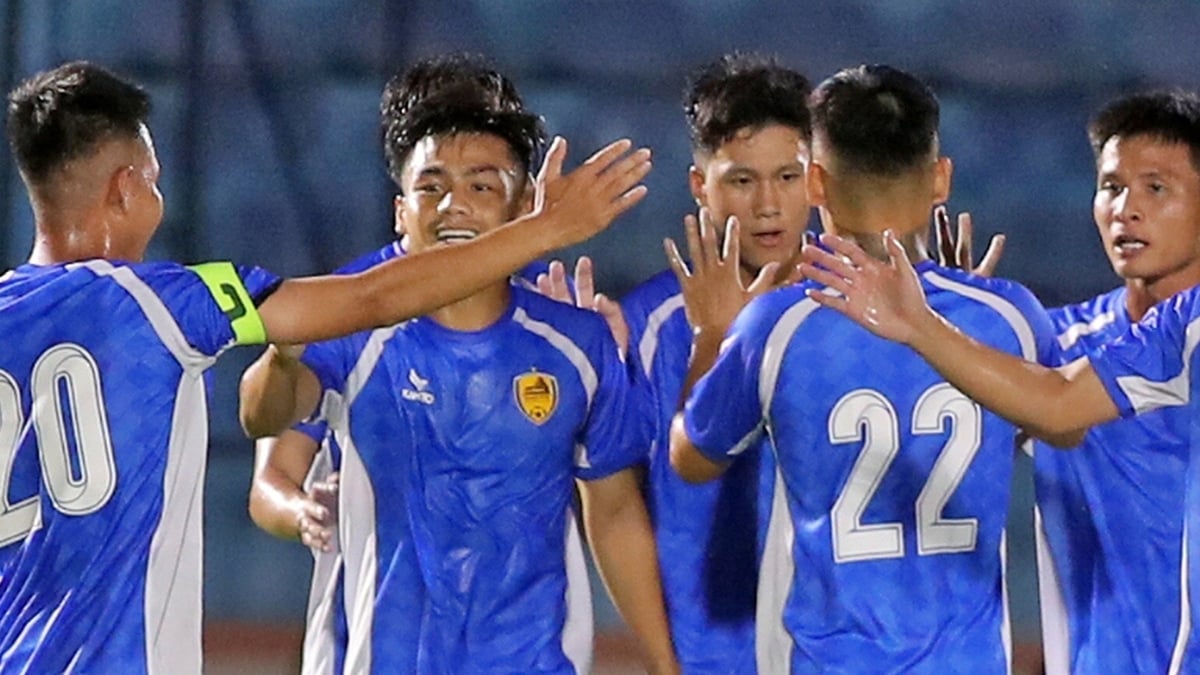
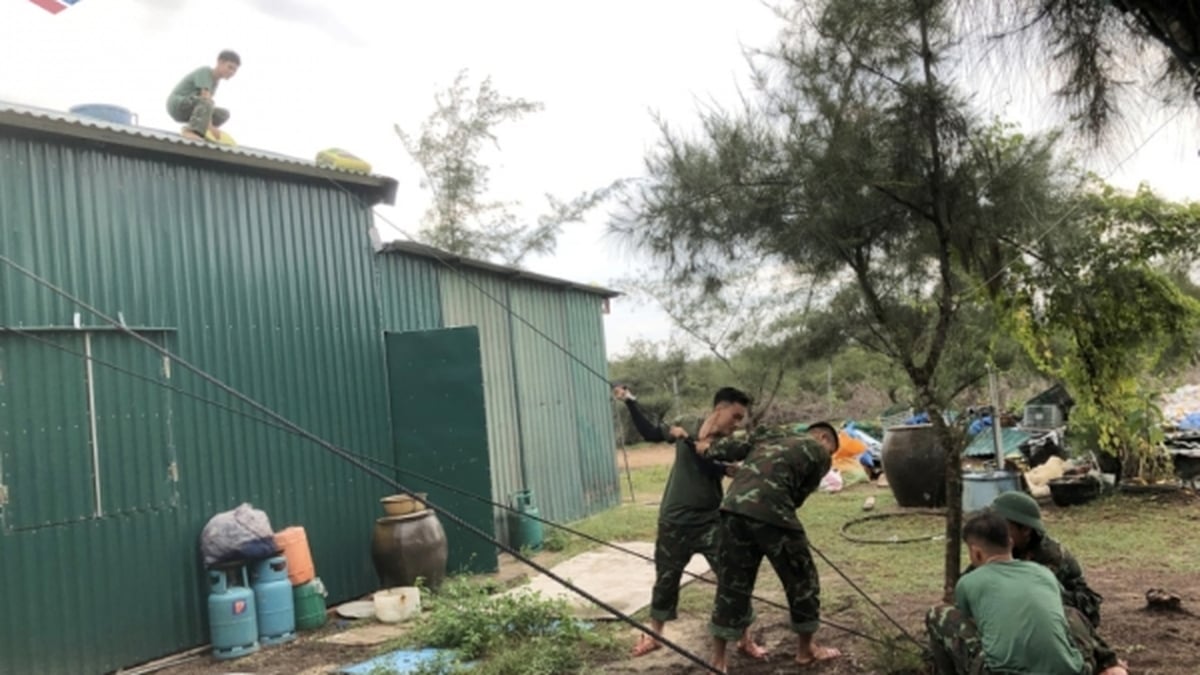


















![[Photo] National Assembly Chairman Tran Thanh Man visits Vietnamese Heroic Mother Ta Thi Tran](https://vphoto.vietnam.vn/thumb/1200x675/vietnam/resource/IMAGE/2025/7/20/765c0bd057dd44ad83ab89fe0255b783)

































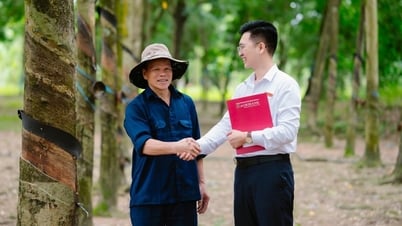







































Comment (0)